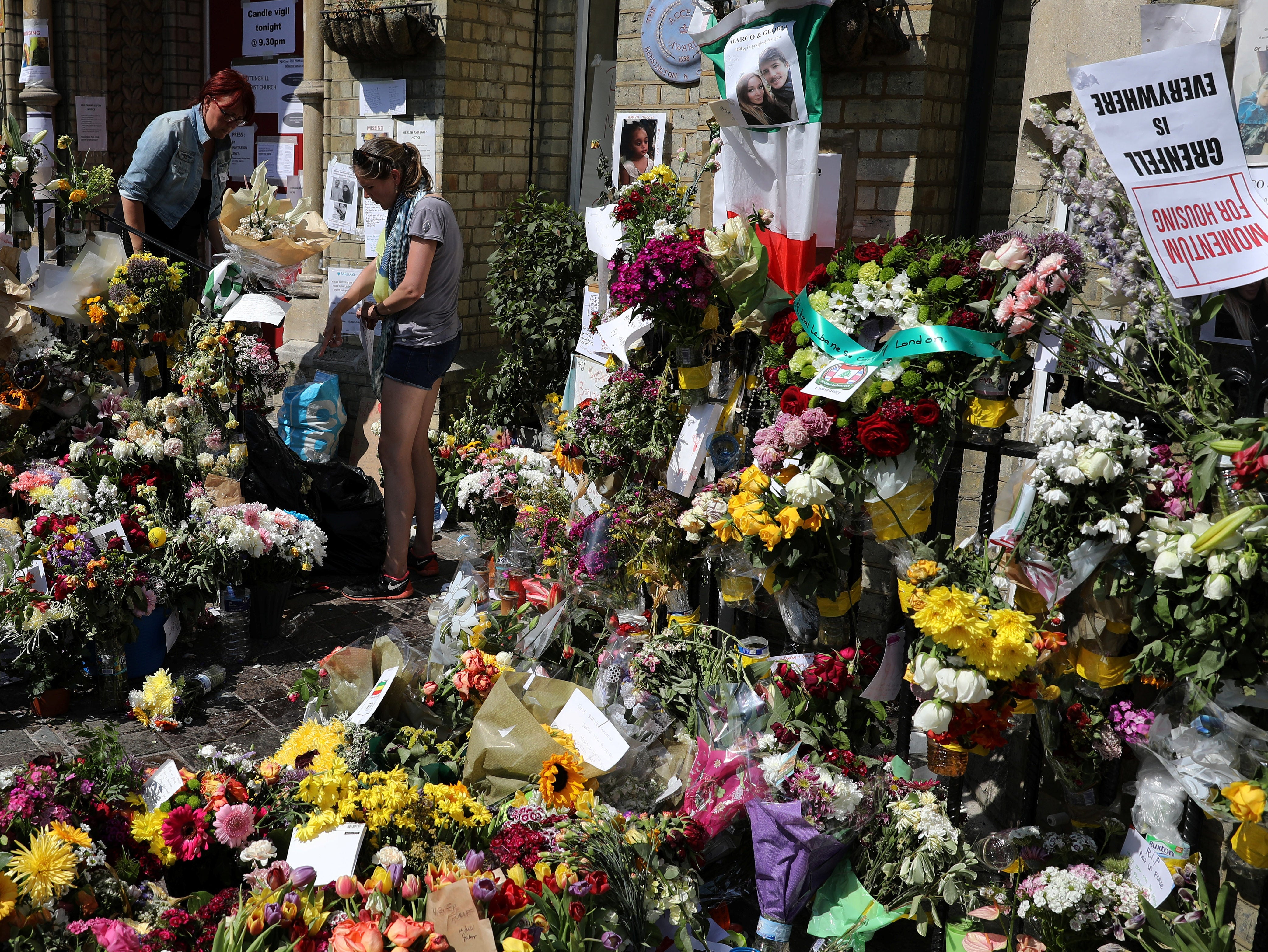
It is understandable that journalists come under attack after a disaster which has involved major loss of life.
We saw it in Manchester a month ago and it has happened again after the Grenfell Fire tragedy, where tabloids are the subject of a social media campaign.
Sometimes, journalists’ inquiries are unwelcome and they can become a target for people to release their grief and anger.
But looking at the Kensington tragedy I would argue the lessons from this are not the need for less journalism, but more.
Kensington and Chelsea has a population of nearly 160,000 who are served, as far as I can establish, by not a single journalist dedicated only to covering news in the borough.
Its one remaining local newspaper, the Kensington and Chelsea News, has a staff of one journalist who must also file copy for other editions.
As former reporter for the title Geoff Baker told Press Gazette, he was spread so thinly that is was impossible for him to cover everything going on in the borough.
The sort of grassroots local newspaper journalism which might have picked up on the Grenfell Tower fire safety concerns in advance is being lost.
This is no criticism of the Kensington and Chelsea News, which was only launched three years ago as an attempt to fill the news gap in the area.
London is in danger of becoming woefully unreported. Its transient population makes local newspaper publishing in the capital a nightmare – over and above all the other issues local newspapers face.
Research by Press Gazette in 2015 showed that London was at that time one of the least well covered parts of the UK when it comes to local newspapers.
There are still some fantastic local newspapers in London, such as the Paul Foot Award-winning Hackney Gazette (but with a paid-for circulation of just under 2,000 a week its long-term future is far from certain).
We will never know if a more active local media presence could have made a difference in getting the concerns of Grenfell residents acted upon before tragedy struck, but it seems like the sort of story a local newspaper with time and resources might have leapt upon.
The Sun and Daily Mail have been subject to a social media compaign because they named a man who says his exploding fridge caused the fire. Some 30,000 have now signed a petition urging them to take these reports down.
The petition states: “There is an ongoing investigation and all relevant agencies have made it clear that such speculation is dangerous and irresponsible.”
The fact only The Sun and Mail have been targeted, when the Mirror and other titles carried similar reports, suggests the petition is politically motivated. It is also breathtakingly naive.
To suggest that all investigations into the Grenfell fire should be left to the proper authorities shows a level of trust in government bodies that I am afraid I do not share.
Past disasters, such as Hillsborough, show that sadly we would be extremely misguided to allow the police alone to control the flow of information.
The same goes for approaches to families of those who have been killed in the tragedy. Approaches should be handled sensitively. Journalists should of course leave them to grieve in peace if that is their wish, but they should also be given the opportunity journalists can afford them to make their voices heard.
To fail to seek out their stories would to add insult to the tragedy they have already suffered.
Picture: Reuters/Marko Djurica
Email pged@pressgazette.co.uk to point out mistakes, provide story tips or send in a letter for publication on our "Letters Page" blog

